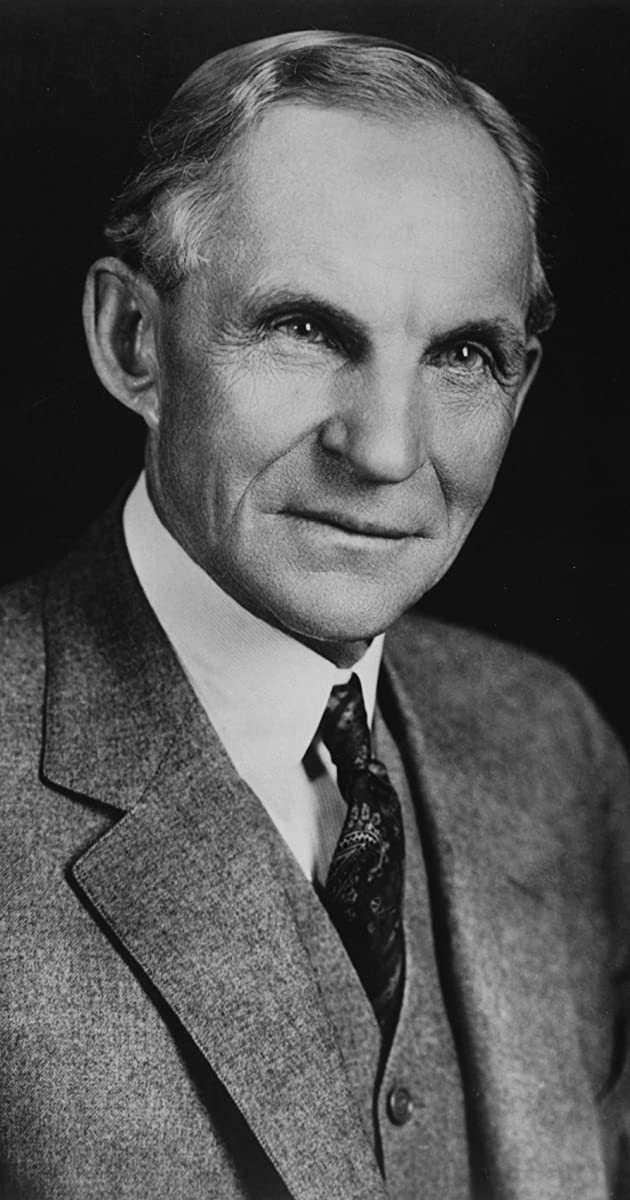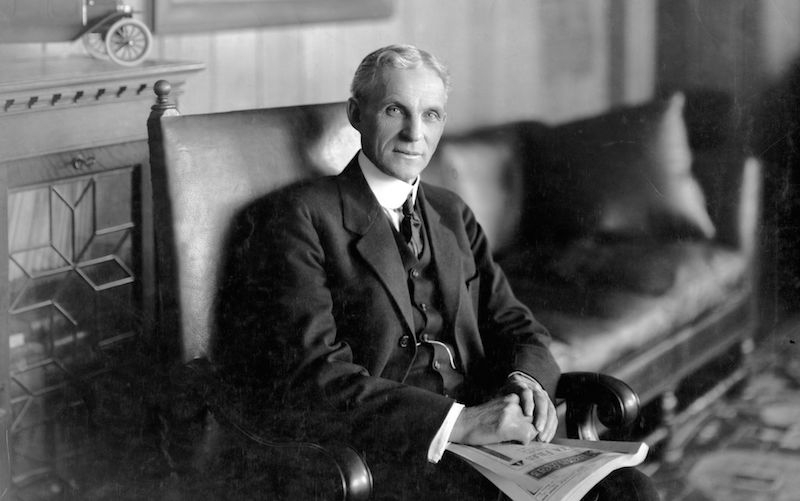He had varying political views
Ford opposed military involvement and believed that war was a horrible waste of resources. Ford was quite critical of people he believed were funding war, and he made an effort to stop them. The pacifist Rosika Schwimmer won Ford's favor in 1915, and he promised to provide funding for a Peace Ship to the continent where World War I was raging. He was the leader of 170 peace activists. Ford went on the mission with Reverend Samuel S. Marquis, his Episcopal pastor. From 1913 through 1921, Marquis served as the department's chief at Ford. Ford discussed the project with President Woodrow Wilson, but he received no government backing.
To engage with peace advocates, his delegation traveled to neutral Sweden and the Netherlands. Ford, who was frequently made fun of, got off the ship as soon as it got to Sweden. Ford accused "German-Jewish bankers" of starting the war in 1915. However, Ford was also well known for his anti-Semitic beliefs. He backed projects with a lot of anti-Semitic material, such as The Dearborn Independent and The Protocols of the Elders of Zion. These were thought to have affected the development of Nazism and the Holocaust in the future.















